We’re still over 3 months out from the first Presidential primary steps for the 2016 race. However it’s still worth looking at where the polls are, remembering that polls this early don’t and aren’t designed to predict the outcome of the primaries, so much as they exist to give us the state of the electorate.
I said before that we’d reached peak Trump, and the polling since has borne that out. Improbably, Ben Carson is on the way up. But the race is getting nuanced, and technicalities might play a big part in the early race momentum next year.

Since we are three months out, we’re not getting nearly as much polling as we’d like. Most of the polling is national, where the race is really close. RCP shows Trump up 5.9 over Carson, with a range of polling over the last two weeks going from Carson +7 to Trump +10.
Even though we’re getting at least a decent number of national polls right now, we’re not necessarily getting the best quality polling right now. This far out, few pollsters will dare to try to predict what the electorate will actually look like. That is, they won’t attempt to guess who the “Likely Voters” are. Instead, they poll a broader segment of the population: Registered Voters.
Even worse for primary polling, these Registered Voter polls aren’t even filtering down to the people who are legally eligible to vote in a Republican primary or caucus. While some states don’t have party registration, such as South Carolina, other states will be checking these things, such as Iowa.
What this means is that Registered Voter polling of GOP Leaners – the usual segment right now – could be overcounting support for one candidate who has enormous name recognition among people who aren’t likely to blow a whole evening to vote in a primary or caucus.
With that said, the national polling does show Donald Trump on top right now, but by much less than it had him in his heyday of August and early September. The last month has shown an erosion of his lead. The Redstate Gathering seemed to help him, as it gave him a cause for his supporters to rally around, and gave him a great deal of free press. But now, with talk radio giving him a fair hearing, he’s running out of that kind of energy.
In Iowa, Trump’s polling erosion is magnified. Trump’s lead was never as large in Iowa as it was in the rest of the country. Iowa voters are paying more attention now, due to their pride in being first in the process, so Trump’s name recognition advantage is reduced.
In Iowa we unfathomably we went an entire month without any polling. Trump was hanging by thread in Iowa by the end of September, but now two new polls finally came in. Carson +8 and Carson +9. The doctor now leads in the state without a doubt.
The New Hampshire polling is chaotic. While Iowa voters tend to favor more conservative candidates, effectively narrowing the field of candidates who can do well there, New Hampshire is different. The state has more libertarians, and more squishes. That means candidates who have no chance at all, like John Kasich, are capable of pulling double digits there, even when they’re unable to break out of the margin of error nationally. The effect of this is to split the anti-Trump vote in so many ways, his lead is larger than it would be.
So Trump leads comfortably in New Hampshire. His lead is smaller than it was (in early September CBS had him up 28 points), but as it turns out, a fluke of the New Hampshire delegate allocation process would give him an enormous delegate advantage. New Hampshire has a 10% threshold for receiving delegates. New Hampshire awards to the plurality leader all delegates withheld due to the threshold. Right now the only candidates polling above 10 are Carson and Trump.
What this means is, if Trump won the NH primary 28-14 over Carson, he would receive 6 of 20 delegates due to his votes. Carson would receive 3. The remaining 11 would be awarded to Trump.
So as of now, the first two contests would result in Carson being buoyed by a win, then Trump crowing about a 17-3 delegate rout, due to that technicality.
The other state polling does not look relevant yet. The polling is sparse, and lacks the volatility demonstrating that the voters are really getting ready to vote yet. South Carolina has had no polling in two weeks, and only had two credible polls in all of September. Florida’s doing little better.
Words not previously written in this post: Jeb Bush, [mc_name name=’Sen. Marco Rubio (R-FL)’ chamber=’senate’ mcid=’R000595′ ], [mc_name name=’Sen. Ted Cruz (R-TX)’ chamber=’senate’ mcid=’C001098′ ], Carly Fiorina. They’re not leading anywhere. They’re not showing signs of taking a lead anywhere.

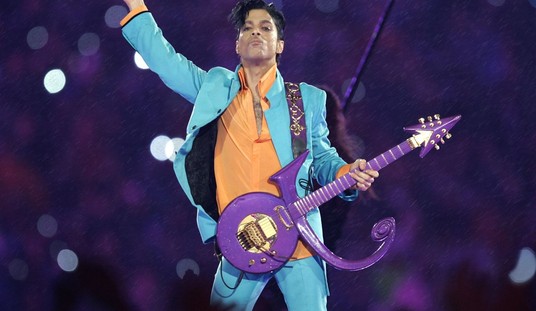
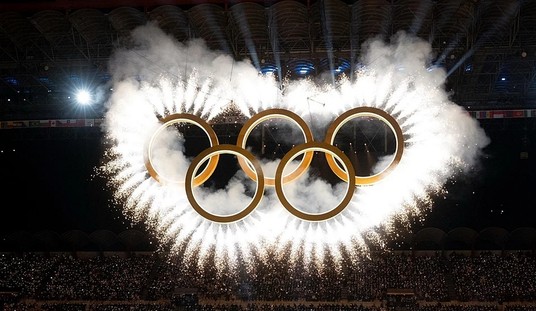
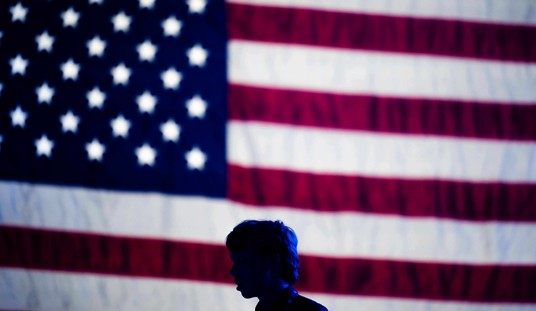


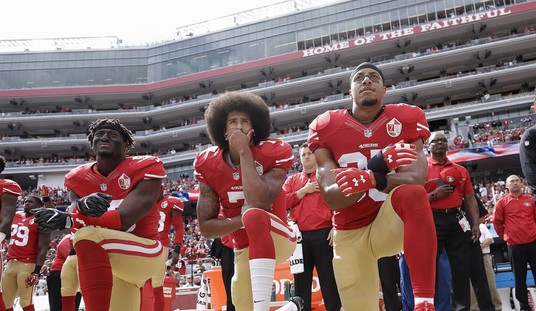



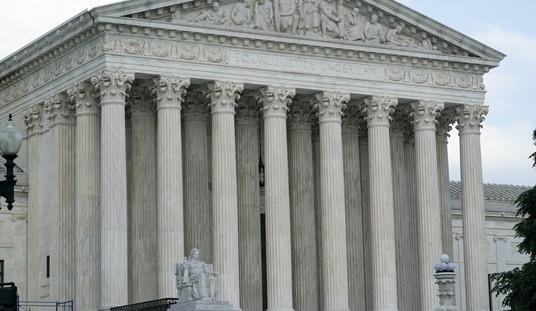


Join the conversation as a VIP Member